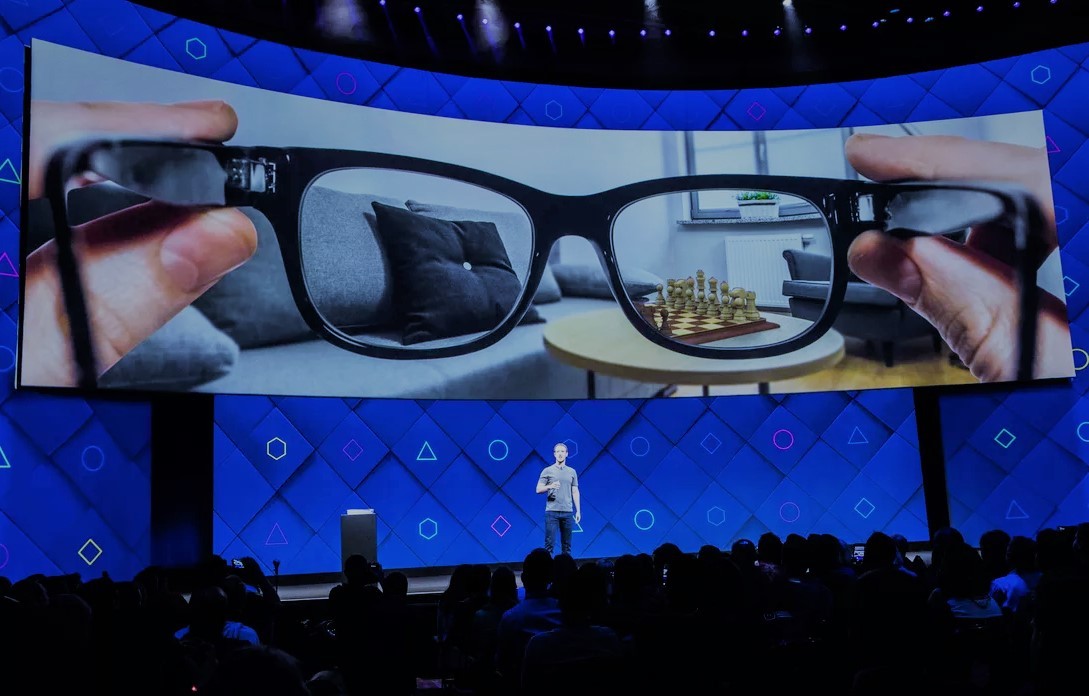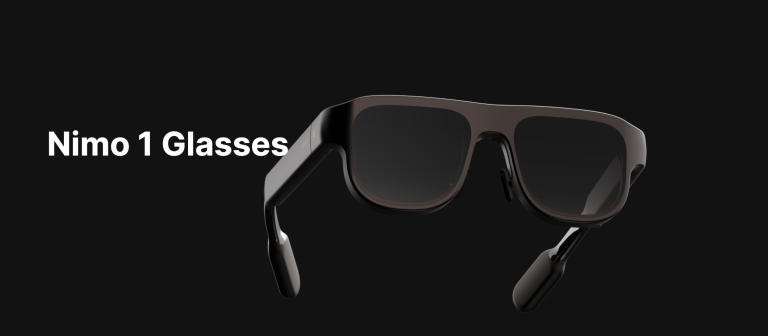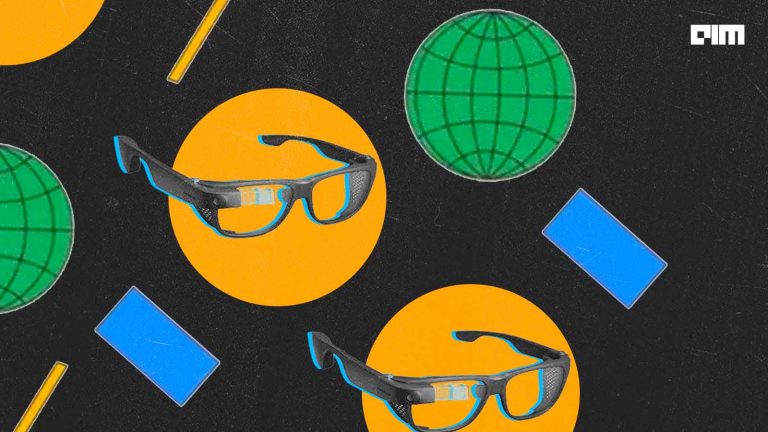Ever since Facebook bought Oculus for $2 billion in 2014, it has been leaving no stone unturned to democratise VR. However, five year since the purchase, Facebook is still pushing hard to bring virtual reality for everyone. One of the co-founders of Oculus, Jack McCauley, doubts that the firm will ever breakthrough as there is an absence of demand in the market. But, Mark Zuckerberg, CEO of Facebook, believes that it will take a few more years before the AR/VR technology gets mainstream. “I don’t think it’s a 2020 thing. But hopefully, it’s not a 2030 thing,” said Zuckerberg.
Facebook is bullish about the technology and is committed to delivering robust solutions for an immersive experience. For which, the firm has devised a plan to increase the technology among a wide range of users. “We are in the early stages of a tremendous platform shift, bigger than the shift from web to mobile. It’s a shift of how humans will connect,” said Andrew Bosworth, VP of AR/VR at Facebook.
The Bottlenecks In The AR/VR Landscape
Michael Abrash, chief data scientist of Facebook, in an interview, said that the mass adoption of AR/VR is five to ten years away due to numerous challenges. A shortage of the desired hardware is one of the prominent problems that has slackened the growth of the technology. However, Abrash envisions a world where VR will replace laptops and AR will displace mobile phones.
In a bid to achieve that, Facebook is working on developing AR glasses that will be a featherweight, meets form factor requirements, and keeps the thermal in check. AR glasses can dissipate heat that will cause discomfort to users. Consequently, unless the hardware challenges are mitigated, it won’t be straightforward for firms to build products related to AR/VR.
Another pressing issue is that AR should interact with the real-world and be available at all the time. AR devices should understand the context of our surroundings in order to identify what we want and deliver results accordingly. To enable the AR glasses in providing relevant answers, Abrash said that the firm is working on developing AR audio that can also be used by people of hearing-impaired to gain information that they require while eliminating others.
Facebook is betting high on devices that can be used to manage other devices with the brain. In September 2019, the company acquired CTRL-labs, a New York-based startup that focuses on empowering humans to control computers using their minds. “Interacting with AR is not going to be the way that we interact with our devices today. We will not be taking out phones all the time, won’t be using keyboard and mouse,” said Abrash. “I have to be multimodal, thus we are working on haptic gloves.”
Efforts In Solving The Possibles
Facebook has failed to impress its users, which might be the reason why McCauley is sceptical about its success. “If it were to sell, Facebook would have sold it by now,” explained McCauley.
Zuckerberg, in October 2019, accepted that Facebook’s bet on the future of virtual reality isn’t going entirely according to plan. However, as per Abrash, the CEO is devoted to its vision of democratising AR/VR.
According to the chief data scientist of Facebook, to eliminate the challenges, it would require collaborative efforts, but he stressed on the fact that no other firm has invested anywhere close to what Facebook has in the AR/VR landscape. Consequently, he expects that the social media giant will be the one to come up with next-generation VR/AR.
Looking at Facebook’s efforts in research and collaboration with other firms, one can anticipate that in the future the firm can blaze the trail and deliver AR/VR solution for all. However, as Abrash, noted that he would be surprised if it could offer an innovative solution in five years.
Outlook
Facebook vision is to develop a product that will be used by everyone, just like it happened in the case of mobile phones. It wants to be that first iPhone or the BlackBerry in the AR/VR landscape. Since the time period for the next wave in AR/VR is expected in 10 years, it is difficult to make a linear conclusion about whether Facebook will gain its supremacy in AR/VR. Nevertheless, amidst failure, Facebook is optimistic that it would be able to come up with a robust AR/VR solution in years to come.



















































































